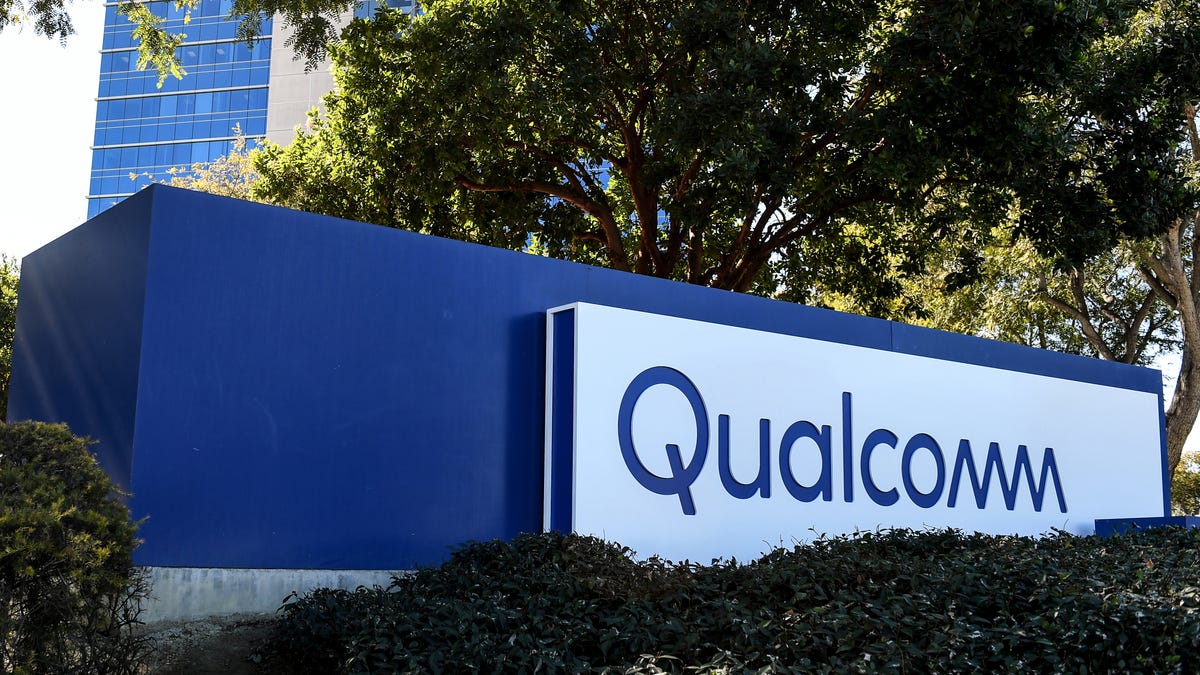In This Story
Qualcomm’s (QCOM-1.12%) new chip could help drive competition between Android and Apple’s (AAPL+0.64%) iOS.
The company debuted its Snapdragon 8 Elite Mobile Platform with a new, second-generation Oryon CPU that it called the “[f]astest mobile CPU in the world,” during its Snapdragon Summit on Monday. The new Snapdragon platform can support multimodal generative artificial intelligence features, Qualcomm said.
The new Oryon CPU is 45% faster and 44% more power efficient, according to Qualcomm, which mostly designs chips for mobile devices with the Android operating system. The new Snapdragon 8 platform could help smartphone companies compete with Apple on the AI frontier, as the iPhone maker rolls out its Apple Intelligence capabilities. Apple also has a deal with ChatGPT maker OpenAI to integrate ChatGPT-4o into the new iOS 18, iPadOS 18, and macOS Sequoia.
Meanwhile, Qualcomm is reportedly interested in taking over Intel (INTC+0.42%) in a deal that could be worth $90 billion, the Wall Street Journal (NWSA+0.04%) reported in September. Alternative asset manager Apollo Global Management (APO-0.12%) had also offered an equity-like investment in Intel that could be worth as much as $5 billion, according to Bloomberg.
Qualcomm could wait until after the U.S. presidential election next month to decide on buying Intel, Bloomberg reported, citing unnamed people familiar with the matter. The people told Bloomberg that Qualcomm wants to see who will win the election before deciding on the deal due to the potential impacts on antitrust and tensions with China.
By taking over Intel, Qualcomm could potentially scale, gain leadership in the market for mobile, PC, and server core processor units, or CPUs, and have access to Intel’s sprawling chip fabrication plants, analysts at Bank of America Global Research (BAC-1.29%) said in a note. They added that combining Qualcomm’s chip revenue of $33 billion with Intel’s $52 billion revenue would make Qualcomm the largest semiconductor company in the world.
However, the analysts said regulatory and financial challenges from a potential deal would outweigh those benefits. They are skeptical of a proposed takeover, and believe confusion over the deal could end up benefitting Intel’s rivals.

